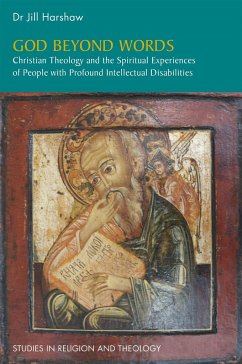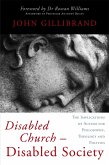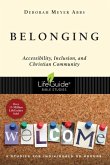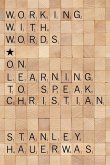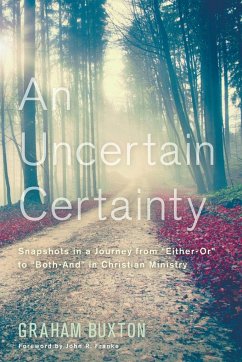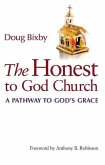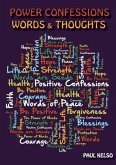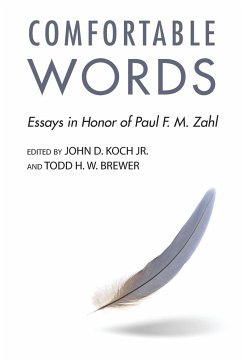Thisgroundbreaking book explores how theologians speak about the spiritual experiences of people with profound intellectual disabilities. Calling for a more critical approach in practical theology, this book invites an inter-disciplinary dialogue between new and traditional theological fields, and asks why, after more than 30 years of intellectual disability theology, the impact on church life remains minimal so that debates around the right to basic inclusion continue to dominate. Jill Harshaw argues that such reflection needs to begin with God and our understanding of revelation. The questions raised in this book not only move the discussion forward, but will spark a change on how the Church approaches inclusiveness and diversity.
Hinweis: Dieser Artikel kann nur an eine deutsche Lieferadresse ausgeliefert werden.
Hinweis: Dieser Artikel kann nur an eine deutsche Lieferadresse ausgeliefert werden.

